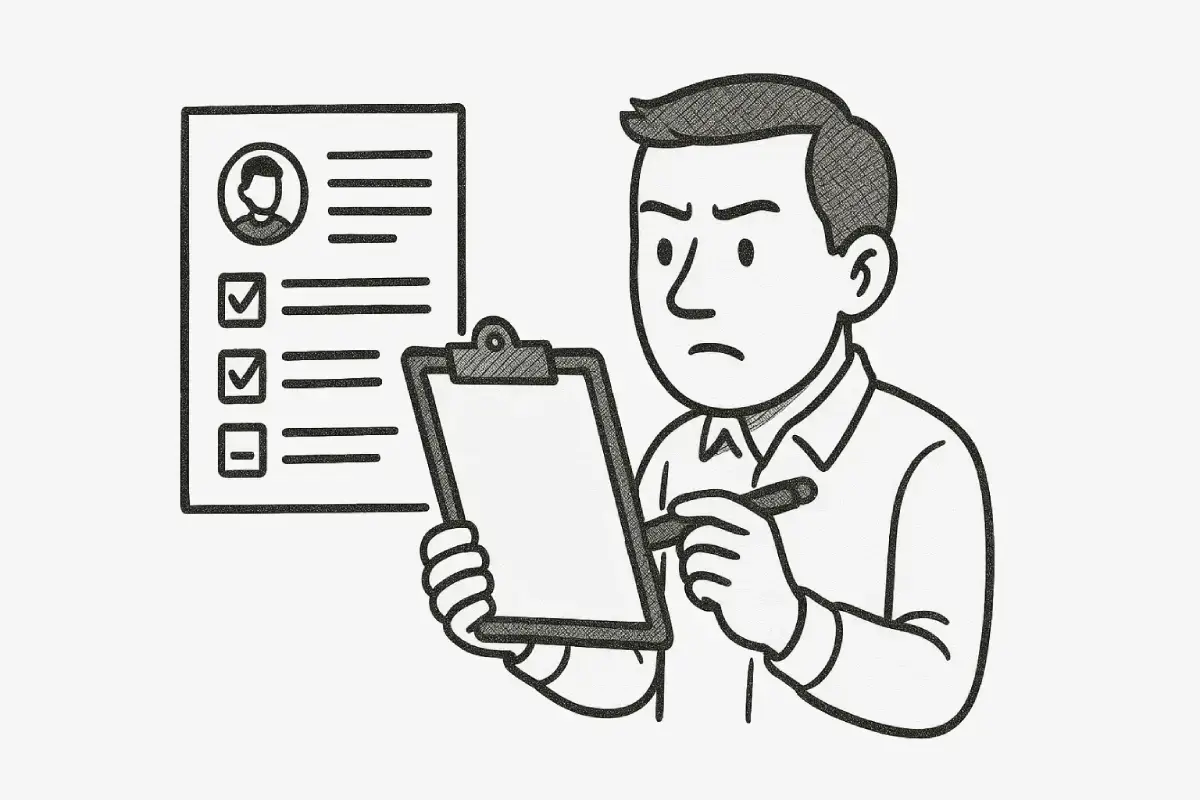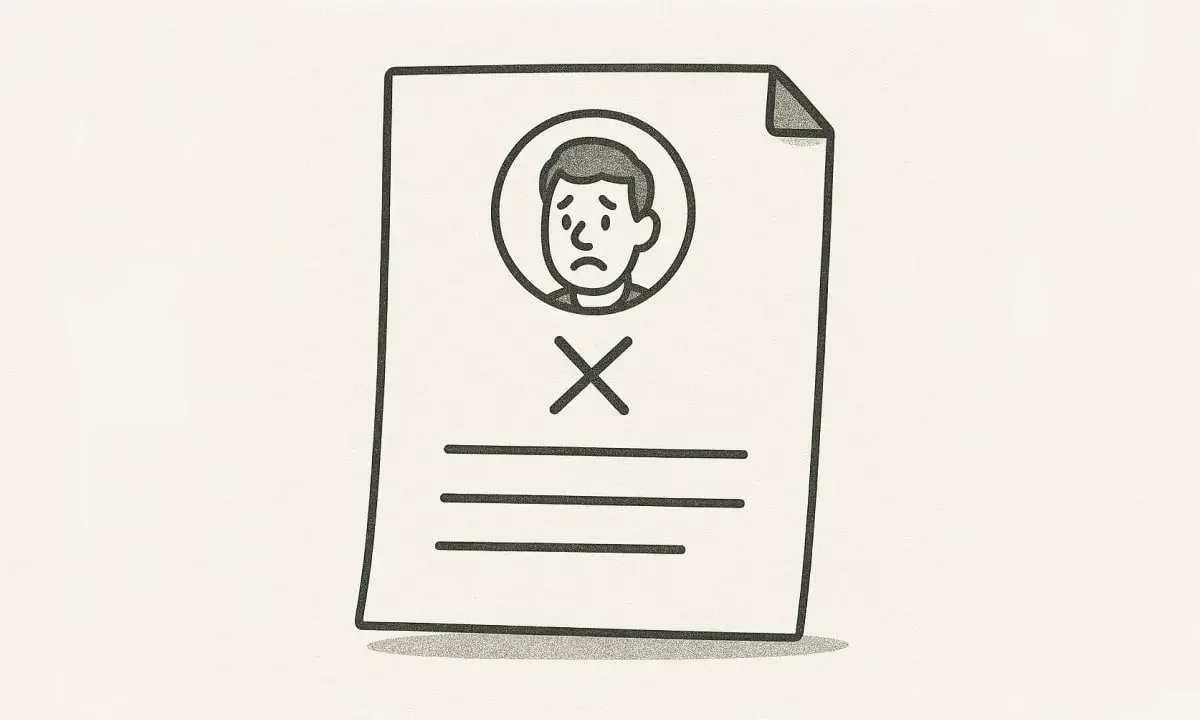Your resume and Linkedin profile needs updating at least twice a year.
What better time than now to get started. Before you send your resume out, consider the following:
1. Your resume is not YOURS.
That is, you lose control of who sees it when you click send. Beyond the HR manager / officer, a dozen of people may see it including other managers, assistants, recruiters, old bosses, university entities. Make sure your words are well weighed.
2. Your city is enough as an address.
Where you live (to the floor number) is of no value, it takes space, causes clutter, and makes you vulnerable for stalkers.
3. Photos.
Have a professional picture that is a little below shoulder length. Studies have shown a too close picture would show your blemishes and too far makes it hard to recognize. Besides, they will call you for your competencies, not your bright smile unless you’re applying for an acting job.
4. Professional email.
Have a professional email that is short and memorable (initial and surname is easiest). Your “butterflybaby16” email, which you found cool when you were 16, would raise eyebrows as a professional. Don’t worry about losing them: you can merge through forwarding.

5. Don’t mix personal with professional.
Facebook, your personal journal, photo sharing all should be away from your CV and LinkedIn pages. Although you would consider your last month’s party pictures are none of your future manager’s concern, but everyone is curious, and don’t make the researcher’s life easy by providing this information to them.
6. Less is better.
Personal details such as complete address, your complete birthday, number of dependents, political and religious affiliations all are secondary. Besides, such information can cause other cases of fraud.
7. Linking it all together.
Initially, LinkedIn gives you a contact link that is an alphanumeric jumbled text. People can share your profile through that link located beneath your photo (emails, conversations, cards). Take a moment to customize it by using your name only.
8. Add volunteering.
Of course, your education, your training, your skills and languages, your experience and projects are important, but companies DO ask how you spend your free time. Today, Corporate Social Responsibility is the center of many organizational reports. Volunteering is the human’s CSR, the move of leaders who give their precious time to give back to the society especially the less fortunate. Puppet shows for the cancer children, caring lost animals, playing violin to the war veterans in the elderly home, giving a pro-bono painting class in a local school, preparing meals to the orphanage, are maybe a few hours of your week, but they prove you are humane, selfless and that care for the better society. Additionally it gives a hint on character as patience, friendliness, resilience, communicability and selflessness.
Your resume and Linkedin profiles are your mirrors in the professional world. Make sure they truly represent the person you are, without making it too boring to read, and too short to jump to another page.
You might also like: Why Hybrid Work Might Become the Worst of Both Worlds









